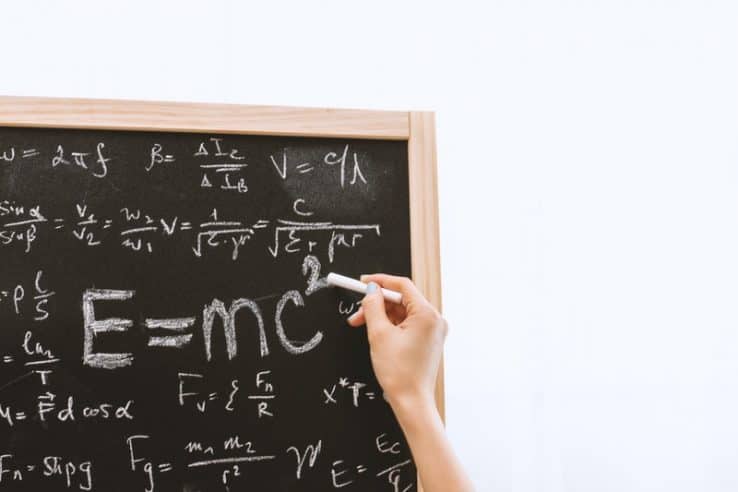A New Way of Teaching Maths
Groundbreaking research makes waves throughout the mathematics world
Mathematics is a notoriously despised subject for most students, ranging from primary school age until the time of sweet 16s, where the majority say goodbye to the subject. However, it now seems that there may well be newly discovered scientific reasons behind such a fervent disliking for mathematics and our child’s difficulties in grasping key concepts. So here we take a look at why a recent study may well shed light on how our children should be taught to grasp fully, and even potentially enjoy, mathematics.
So, just what is this new research reporting?
A New Way of Teaching Maths
It’s long been suggested that children may learn better when they become physically involved in their learning. Most specifically, this has been suggested by psychologists who say that gestures and the physical expression of ideas can positively contribute to learning mathematics.
Today, however, the recent study of which we speak, undertaken in the US, is going way further to suggest that abstract gestures may be even more effective, explicitly emphasising the importance of manipulating and touching objects.
“Our study found that encouraging children to move, and encouraging them to gesture, more specifically, helps them learn an idea, but in addition helps them generalise that idea.
In contrast, children who were encouraged to move and manipulate objects fixated too much on those objects and got too focused on the surface features of the problem.”
- Miriam Novack – The department of psychology at the University of Chicago
The ins and outs of this ground-breaking research
During the experiment, 100 child participants aged between 8 and 9 were taught a specific strategy for solving a mathematical sum. These strategies ran as follows:
- One group picked up magnetic numbers and tiles and placed them onto a whiteboard.
- One group mimed the same actions but without any physical contact between the numbers and the whiteboard.
- One group were taught to use ‘V-point’ gestures with their hands to group the numbers and solve the sum.
Following the teaching of these strategies, the participants were then tested as to how well they’d grasped the concepts.
The results
The results from the research were nothing short of staggering. They showed that only the children who were taught to gesture, rather than manipulating the magnets physically, were successful in their solving of the sum.
This went against all that was traditionally understood of the theory of mathematics tutoring to suggest that gestures, rather than actual physical contact, may be considerably more effective in teaching the subject.
“What’s surprising about our study is that we showed that actually gesture which is a subcategory of movement that doesn’t interact directly with objects might be even better in some cases for learning, and potentially for learning abstract concepts like mathematics”.
- Eliza Congdon – Co-researcher
Researchers have argued that the findings provide evidence that such gestural movements can allow for cognitive processes that create generalisation beyond the current task at hand.
“Children appear to learn underlying principles from their actions only insofar as those actions can be interpreted symbolically”.
- Susan Goldin-Meadow – Lead Author
The big question: What may this mean for the average classroom?
Research such as this is often what defines the best of lessons and teaching strategies. This study will undoubtedly be of interest for teachers and tutors with their fingers on the educational pulse.
However, at the very least, it should serve as grounds for in-classroom experimentations to see what gestures could bring to the world of mathematics, particularly for those students of a similar age to the participants, where the basics of mathematical building blocks are being laid.
11 Plus Tutors Essex – Shaking up what it means to master mathematics
At 11 Plus Tutors Essex, we always keep up-to-date with the very latest from the world of teaching and tutoring. And the news of this research has already begun to shape our tutors’ sessions with their students as they endeavour to continually adapt and evolve within the market to deliver industry-leading tuition.
So if you’re ready to see what this research may mean for your child and their mathematical skills, then contact us today for a completely tailored assessment of your child’s needs undertaken in the comfort of your own home.








Comments